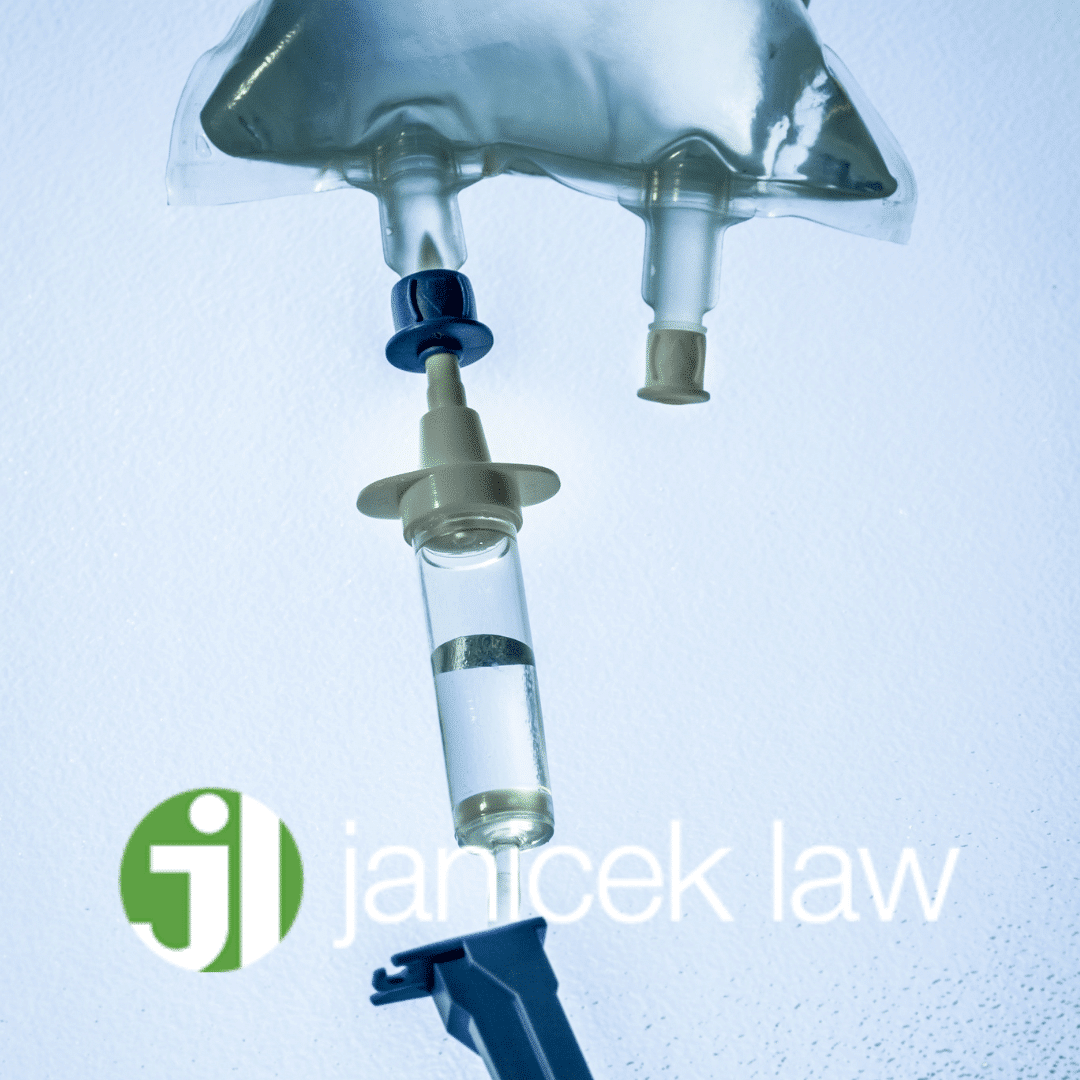One of the worst things that can happen to an elder is to be drugged to a point where they can’t do things for themselves or can’t speak out. Unfortunately, there are instances where older seniors may be overmedicated, leading to a series of unusual symptoms, like being unable to speak or looking dazed. Sadly, chemical restraints in nursing homes have become too commonplace in San Antonio.
If you are someone who has made the difficult decision to move your parent into a San Antonio nursing home due to their age or health conditions, you probably worry that the nursing home may not be giving them the necessary care they deserve. Sadly, you may have more cause for concern than you realize, especially if your parent has dementia or Alzheimer’s disease.
Risk Factors for Chemical Restraints in Nursing Homes
Recently, an investigation of 15,000 nursing home facilities throughout America revealed that the staff routinely administer antipsychotic drugs to their patients suffering from Alzheimer’s disease, dementia, and other illnesses and conditions for which such drugs are contraindicated.
The top three drugs of choice for this illegal drug administration consist of the following:
- Haloperidol
- Seroquel
- Risperidone
In most of these situations, no doctor had ever diagnosed the patient with a disease or condition requiring antipsychotic drugs. Still, neither the patient nor their family knew that the nursing home was administering these drugs to their loved ones.
As to why these patients, most of whom suffered from dementia or Alzheimer’s disease, received these drugs, nursing home “caregivers” admitted that they calmed the patients and made them easier to control and handle. Elder rights activists have assigned the name “chemical restraints” to such practices.
Overmedication vs Chemical Restraint in Nursing Homes
Sometimes, it’s doctors or nurses in a nursing home who give too many medications to patients.
Why?
It’s a form of chemical restraint in nursing homes.
Antipsychotics are most commonly used, but many different medications can essentially restrict a person’s movements or abilities. Sedation may be the goal.
It’s important to note that chemical restraints do have a place in medicine, such as when a patient won’t be cooperative but needs emergency care. Chemical restraints shouldn’t be used on people to make them quiet or to prevent having to care for them. It’s unfair and unethical.
Signs of Overmedication in Nursing Homes
How can you know if someone you love is being overmedicated?
It’s not always easy to tell, but working closely with their medical team will help.
Some signs that medications may not be working as intended or that your loved one is overmedicated include:
- Unusual changes in behavior, such as becoming agitated or depressed
- A sudden change in abilities, such as having trouble speaking or eating without help despite a clear bill of health otherwise
- Additional medications are being added to their regimen, even if they’ve already been receiving several medications from one provider
Failure of Government Oversight in Nursing Homes
While the Nursing Home Reform Act of 1987 theoretically protects your parent and other nursing home residents from this and other types of abuse and neglect, the Centers for Medicare & Medicaid Services, the agency charged with enforcing the NHRA’s provisions, has failed to do its job properly.
As an example, the CMMS issued a mere 7,029 citations for improper drug administration to nursing homes nationwide in a recent four-year period. And of these, it collected only 3% of the “mandatory” fines.
Why?
Because the CMMS concluded that the other 97% of nursing home patients illegally dosed with improper medications suffered “no actual harm.”
As a further example of the CMMS’s failure to do its job, it placed a moratorium several years ago on the Food and Drug Administration’s prohibition against administering antipsychotic drugs to Alzheimer’s disease and dementia patients.
San Antonio Nursing Home Abuse Advocates Against Chemical Restraints
If your loved one’s behaviors have changed significantly, it’s essential to look into why. If you believe that someone at the nursing home is chemically restraining them with antipsychotics or other medications, you may want to look into seeking help.
Our San Antonio nursing home lawyers have extensive experience with chemical restraint cases.

